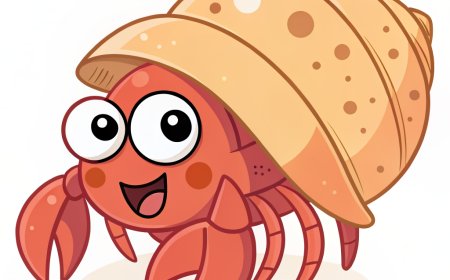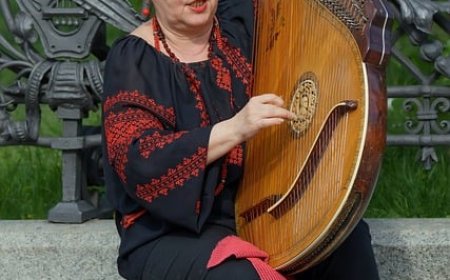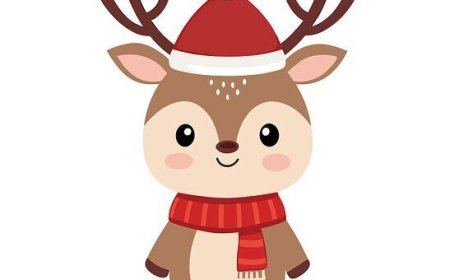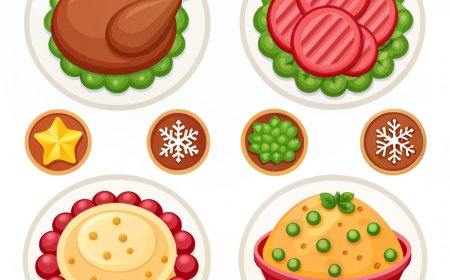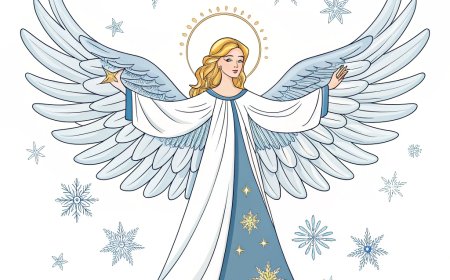Columbus Day and Indigenous Peoples Day History and Traditions
Learn the history traditions and perspectives of Columbus Day and Indigenous Peoples Day in this student guide exploring exploration and Native heritage
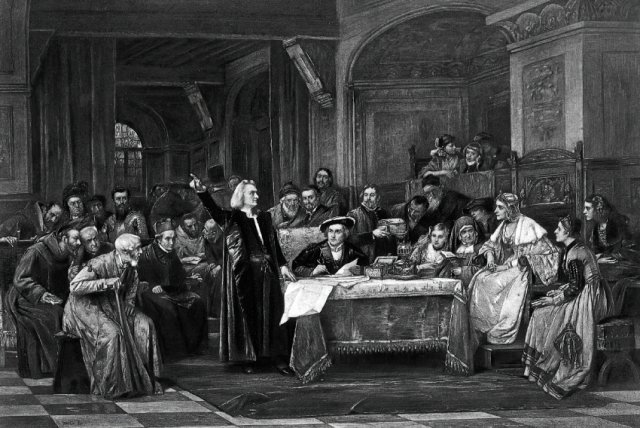
🛶 Introduction
Every October, the United States observes a holiday that has two different names and meanings: Columbus Day and Indigenous Peoples' Day.
Columbus Day honors Christopher Columbus, the Italian explorer who sailed to the Americas in 1492. Indigenous Peoples' Day, on the other hand, celebrates the history, cultures, and contributions of Native peoples who lived in the Americas long before Columbus arrived - and who still live here today.
While the two holidays have different focuses, they share a date and often spark discussions about history, exploration, and the importance of understanding multiple perspectives.
📜 History and Origins
Columbus Day
Columbus Day marks the date October 12, 1492, when Christopher Columbus landed in the Bahamas during his first voyage from Spain. The holiday was first celebrated in the U.S. in 1792 on the 300th anniversary of Columbus's landing. In 1937, it became a federal holiday, now observed on the second Monday in October.
Indigenous Peoples' Day
Indigenous Peoples' Day began in 1992 as an alternative to Columbus Day, aiming to honor Native peoples and recognize the harm caused by European colonization. More and more states, cities, and schools now choose to celebrate Indigenous Peoples' Day instead of or alongside Columbus Day.
🎉 Traditions and Customs
Columbus Day Traditions
-
⚓ Parades in cities like New York and San Francisco with floats, costumes, and music.
-
🇮🇹 Italian-American Heritage Events celebrating culture, food, and history.
Indigenous Peoples' Day Traditions
-
🪶 Cultural Festivals with traditional songs, dances, and crafts.
-
📚 Educational Programs about Native history and rights.
-
🕊️ Ceremonies and Gatherings honoring ancestors and community.
🌟 Symbols and Meanings
-
🗺️ Ships (Nina, Pinta, Santa Maria) - Columbus's voyages.
-
🪶 Feathers and Traditional Dress - Native heritage and identity.
-
🌎 Earth - Shared home of all peoples.
-
📜 Historical Documents - Records of exploration and treaties.
🌍 How It's Celebrated Today
In some states, only Columbus Day is observed. In others, only Indigenous Peoples' Day is celebrated. Many places mark both, using the day as a chance to teach history from different perspectives. Schools, museums, and communities often focus on learning about Native cultures, early exploration, and the importance of respecting all people's stories.
💡 Fun Facts
-
🚢 Columbus made four voyages to the Americas between 1492 and 1504.
-
🌎 There were millions of Indigenous people living in the Americas long before Columbus arrived.
-
🏛️ South Dakota replaced Columbus Day with Native American Day in 1990.
-
📅 Indigenous Peoples' Day is now recognized in over 30 states and hundreds of cities.
📚 Vocabulary List
-
Explorer - A person who travels to learn about new places.
-
Colony - A settlement ruled by another country.
-
Indigenous - Native to a place.
-
Heritage - Traditions and history passed down through generations.
-
Voyage - A long journey, especially by ship.
-
Perspective - A point of view.
-
Colonization - Taking control of land and people by another country.
-
Recognition - Official acceptance or acknowledgment.
📝 Key Takeaways
-
Columbus Day remembers Christopher Columbus's arrival in the Americas in 1492.
-
Indigenous Peoples' Day honors Native peoples' history and cultures.
-
The holiday is celebrated on the second Monday in October.
-
Different states and cities choose different ways to observe the day.
-
Learning both perspectives helps build a fuller understanding of history.
🧠 Interactive Quiz
1. When is Columbus Day / Indigenous Peoples’ Day observed?
A) First Monday in October
B) October 12 every year
C) Second Monday in October
D) Third Monday in October
2. Who was Christopher Columbus?
A) A Native American leader
B) An Italian explorer
C) A Spanish king
D) A British colonist
3. What year did Columbus first arrive in the Americas?
A) 1402
B) 1492
C) 1502
D) 1602
4. Which three ships did Columbus sail on his first voyage?
A) Freedom, Liberty, Hope
B) Nina, Pinta, Santa Maria
C) Mayflower, Pinta, Liberty
D) Nina, Freedom, Santa Maria
5. What does Indigenous mean?
A) Foreign
B) Native to a place
C) Explorer
D) Traveler
6. Which state replaced Columbus Day with Native American Day in 1990?
A) California
B) South Dakota
C) Florida
D) New Mexico
7. How many voyages did Columbus make to the Americas?
A) One
B) Two
C) Three
D) Four
8. What is one purpose of Indigenous Peoples’ Day?
A) To celebrate European explorers
B) To honor Native cultures and history
C) To sell ships
D) To teach only about Columbus














